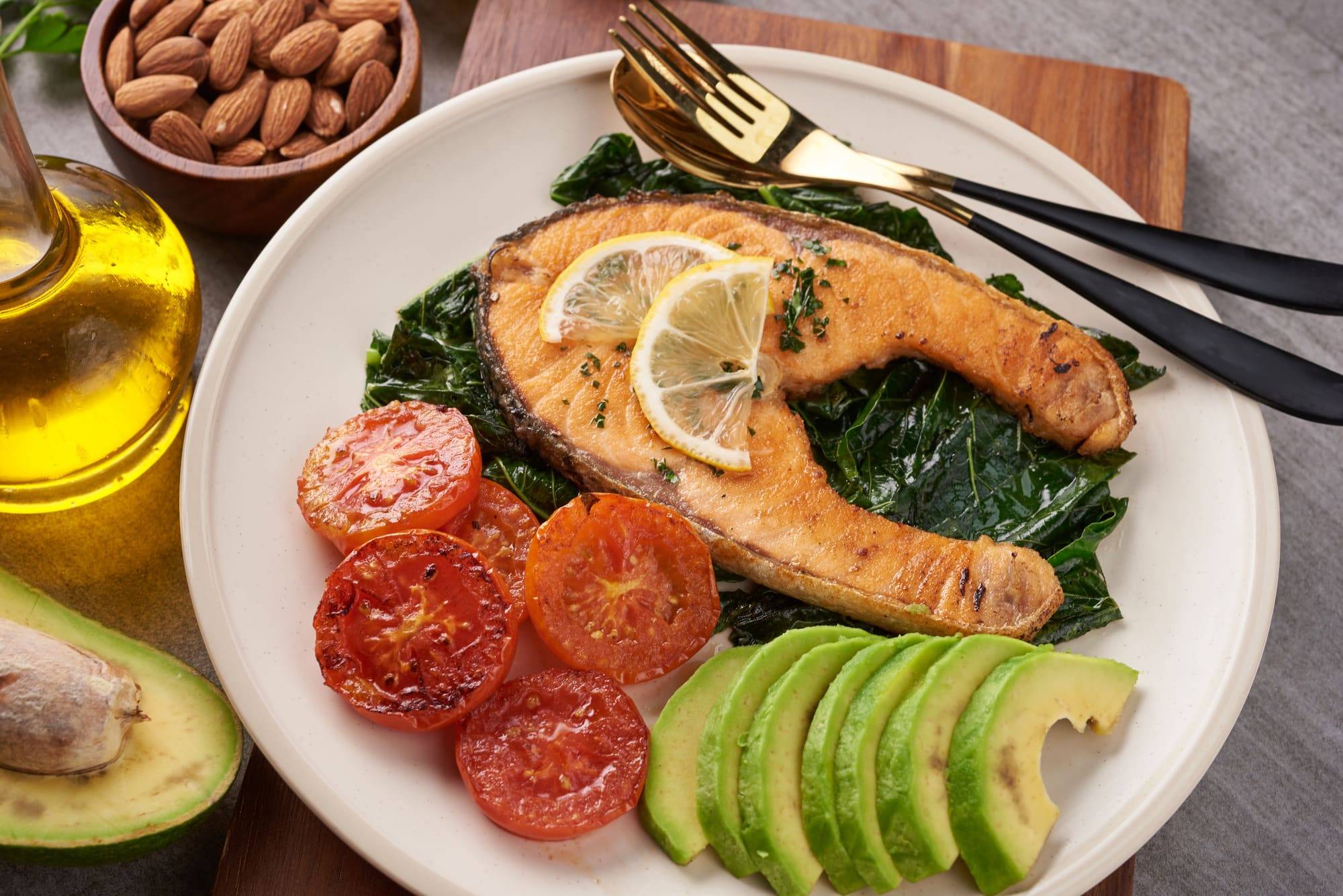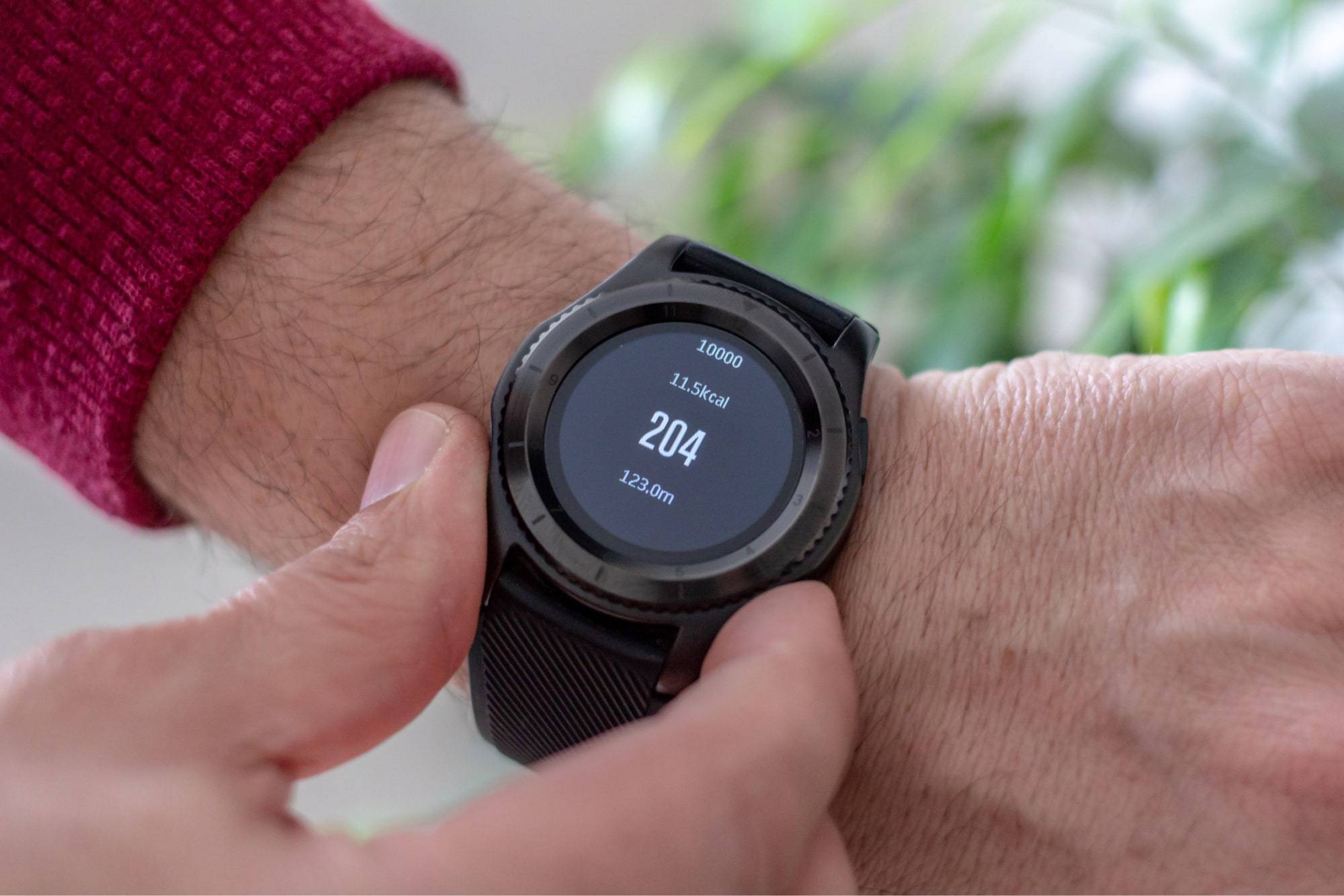If your sports car is not producing the desired power, you need to pay attention to the composition and quality of the fuel. The same thing works with the body of a runner. If magnesium, one of the most important minerals, is not present in your running diet, the desired performance cannot be expected.
So what exactly are the benefits of magnesium for an athlete? What is your daily allowance, and how to achieve it? Find answers in this article.
Magnesium Benefits for Athletes
Some studies prove a direct relationship between the intake of magnesium before workouts and performance. This is due to the fact that magnesium reduces lactate levels.
When lactate builds up, the performance of your muscles is limited, and you tire more quickly. Accordingly, magnesium prevents this from happening.
Other proven benefits explain the importance of magnesium in the diet of runners and other athletes.
The Nutritional Magnesium Association has concluded that activities that promote sweating and urination (hello running!) are more likely to lead to magnesium deficiency, which in turn leads to muscle cramps, spasms, and twitches, as well as feeling tired.
What does magnesium do? When consumed in proper amounts, it prevents these symptoms. And efficient muscles, in turn, are one of the main tools of a runner.
The European Journal of Applied Physiology also examined the effects of magnesium on muscles. After just one week of magnesium supplements, muscle soreness decreased in athletes who completed the 10k downhill running time trial.
Nutrients journal adds muscle damage protection to the list of benefits. This has been proven by experiments among cyclists who completed the 21-day challenge.
Finally, magnesium has been shown to calm the nervous system and reduce levels of cortisol (the stress hormone). The result is an alleviation of insomnia and improved sleep. And good sleep, in turn, is great for your performance as an athlete.
Thus, magnesium can do a lot for your running results, so you should keep an eye on its daily intake.
Magnesium for Athletes: How Much Do You Need?
The US National Institutes of Health (NIH) gives a clear answer to the question of how much magnesium per day is the norm:
- 310 mg for healthy women aged 19 to 30
- 320 mg for healthy women aged 31+
- 400 mg for healthy men aged 19-30
- 420 mg for healthy adult men 31 years of age and older.
Meanwhile, magnesium deficiency is the consumption of less than 260 mg/day for men and 220 mg/day for women. As we mentioned, it can lead to unpleasant symptoms such as digestive problems, fatigue, digestive problems, headaches, and even leg cramps. Agree; this is hardly what contributes to competitive success.
Nevertheless, despite the existing norms and all the magnesium benefits, not all athletes can boast of its sufficient intake.
For example, a Mediators of inflammation study among amateur marathon runners found that their daily magnesium intake was 33% below the recommended norm.
A study among Polish elite runners also proved that both men and women lack magnesium in their diets.
Many runners forget that intense physical activity and endurance training remove more magnesium from the body through sweat. This is why magnesium for runners and other athletes can be higher on average by 10-20%.
Keep that in mind when planning your runner’s diet.
Foods High in Mag
The easiest way to reach your daily value is to take a magnesium supplement. It is always at hand, so you do not need to cook, and the dosage is often written on the package.
However, some nutritionists say that the amount of magnesium taken from a dietary supplement should not exceed 350 mg per day. Meanwhile, consuming any amount of magnesium from food is entirely safe. So it’s good for you to know its popular natural sources.
- Dark chocolate. Just a 28-gram serving of dark chocolate will provide you with 65 mg of magnesium, while 100 grams will give you a whopping 228 grams! But remember that only chocolate with at least 70% cocoa solids is a magnesium pusher.
- Avocado. 1 cup of pureed avocado (approximately 230 grams) provides 66.7 mg of magnesium. So if you are a guacamole lover, this dish can significantly increase your daily intake.
- Сashew nuts. 1 serving of cashews equal to 28-29 grams contains as much as 83 grams of magnesium, which is 20-27% of your daily value (depending on your individual norm listed above). So cashews make a great snack idea.
- Black beans. Black beans are the way to go if you’re in a hurry to replenish your magnesium stores. A serving of 172 grams will deliver as much as 120 mg of magnesium to your body.
- Pumpkin seeds. This is another food to add to your magnesium to-do list. With just 28 grams of pumpkin seeds, you get 168 mg of magnesium! After that, the daily norm is not far off.
- Spinach. If you love green salads, adding spinach will greatly improve your daily magnesium intake. In particular, 180 grams of cooked spinach will provide you with 157 mg.
- Salmon. Half a salmon filet, or about 178 grams, is a source of 53.4 mg of magnesium. Just as importantly, that same serving provides you with nearly 40 grams of protein, so get in line at the fish section of the grocery store.
- Yogurt. If you are dairy tolerant, add plain low-fat yogurt to your diet. 1 cup or 245 grams will give you 42 mg of magnesium.
- Tofu. Tofu is often used in vegan diets for runners as it is a good source of protein. But back to magnesium, a 100-gram serving of tofu delivers 35 mg.
- Banana. 1 medium banana (about 118 grams) contains 32 mg of magnesium, while a large one (136 grams) offers 37 mg. A delicious addition to your magnesium-rich diet!
Magnesium really matters when it comes to your running routine. The beauty of it is that it is available in a variety of foods, so your job is simple — add magnesium-rich foods that you enjoy to your diet!






